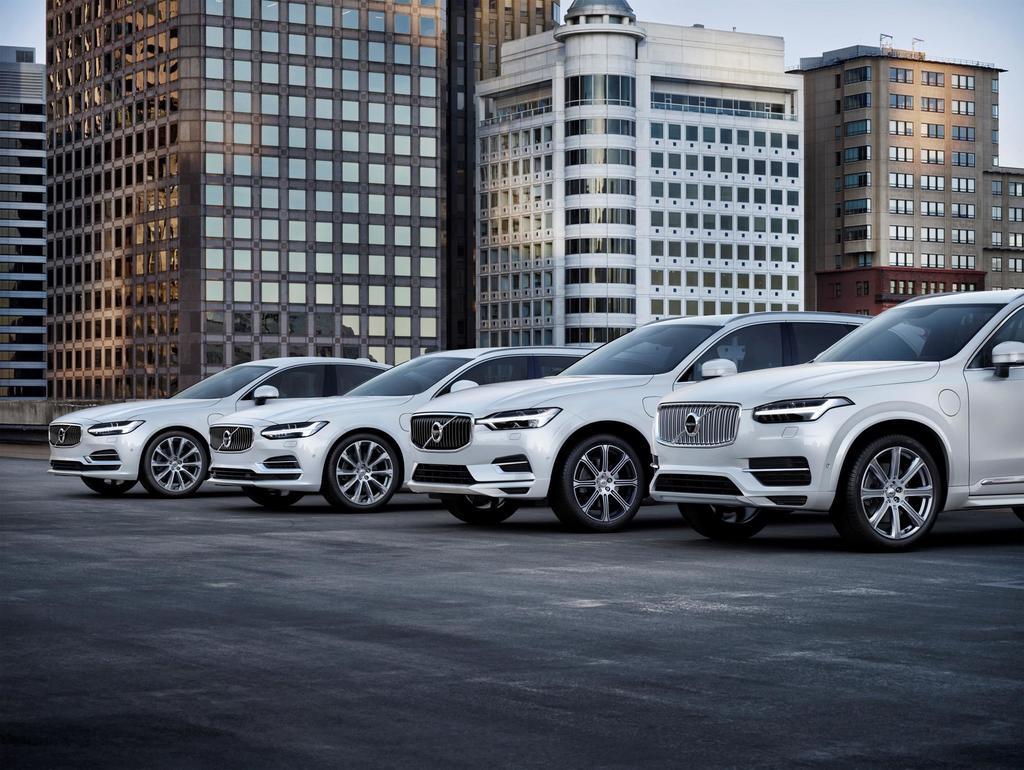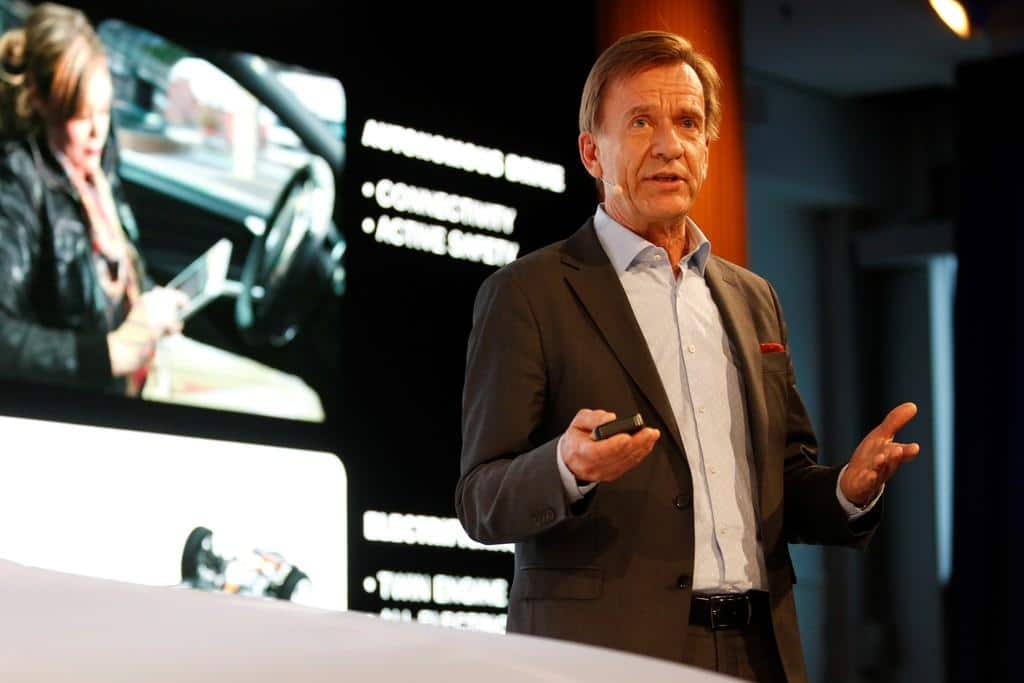Volvo Cars addressed what they describe as a “changing world” today at the UN Global Compact Nordic Network in Gothenburg, Sweden. Over 190 delegates from 100 companies are meeting at Volvo’s headquarters over the next two days to discuss how businesses can support the UN Sustainable Development Goals (SDGs). The automaker is a founding member of the UN Global Compact, the world’s largest corporate sustainability initiative.
Volvo Cars President and Chief Executive Officer, Håkan Samuelsson is the host of the event.
“Our customers want safer, more sustainable and convenient cars,” he said during the opening remarks. “We can meet that demand, be a force for change, and grow our business at the same time.”
Business Critical
Volvo is advocating the entire automotive industry responsibly adapt to the unique demands of today’s customer. As car ownership evolves and buying preferences shift, Samuelsson believes companies committed to sustainability will be successful. Samuelsson is using the two day event to highlight Volvo’s commitment to sustainable business as an integral part of the company’s mission. The timing is excellent too – a 2015 Nielsen global online study found almost three-out-of-four Millennials are willing to pay extra for sustainable products.
“Brands that establish a reputation for environmental stewardship among today’s youngest consumers have an opportunity to not only grow market share but build loyalty among the power-spending Millennials of tomorrow,” said Grace Farraj, Nielsen Senior Vice President, Public Development & Sustainability, at the time of the study.
Samuelsson echoed similar sentiments.
“Sustainability is no longer a simple box-ticking exercise, but business-critical as well as a significant business opportunity for those companies that get it right,” he said.

Necessary Strides
Volvo is linking their electrification and autonomous initiatives to their sustainability efforts. Currently, Volvo has committed to 1 million electrified vehicles by 2025 with climate-neutral manufacturing operations arriving by that time. Many of the automaker’s active safety technologies are arguably precursors for full on autonomous driving. Volvo acknowledges their ambitious plans here, but insist such plans are necessary when considering future environmental and safety impacts.
“We recognize the limitations of the internal combustion engine and the appetite for change in society,” Samuelsson said. “I am confident that our next generation of fully autonomous, electrified, and connected vehicles will help make the cities of the future cleaner, safer, and smarter.”
Visionary Commitments
Volvo’s progress so far includes a 70 percent reduction in C02 emissions from their European manufacturing plants between 2004 and 2016. The automaker’s work with the Belgian government resulted in a 40 percent reduction in CO2 emissions at their Ghent manufacturing facility. Volvo has six plug-in hybrids and plans to offer an electric variant for each vehicle in the lineup. They believe strides like this in sustainability will foster profitability.
Within Volvo’s sustainability vision comes their longstanding safety commitment, both in the vehicle and on the job. Vision 2020 states no person should be seriously injured or killed in a Volvo by that time. Internally, the automaker is working to ensure there are no fatalities or serious injuries to any of their employees or contractors. They are going so far as to offer better filters and materials in the workplace, while developing a more diverse corporate culture.
This year’s annual meeting of the UN Global Compact Nordic Network is taking place at the Volvohallen conference center, part of Volvo Cars’ global headquarters in Sweden, on May 8th and 9th.
Carl Anthony is Managing Editor of Automoblog and resides in Detroit, Michigan.
Photos & Source: Volvo Car Group.


